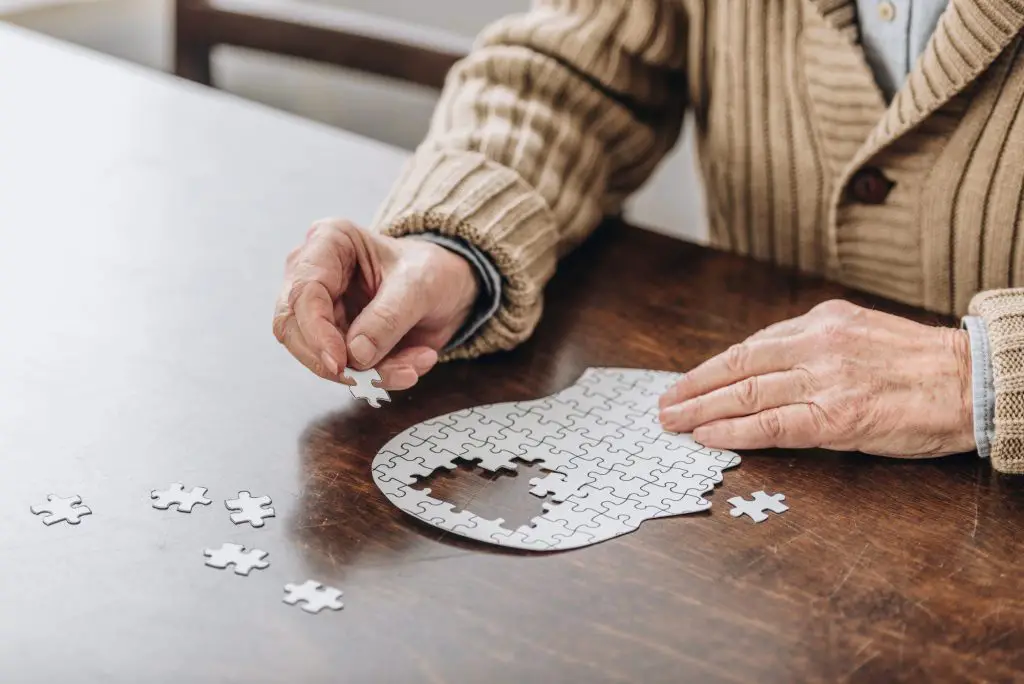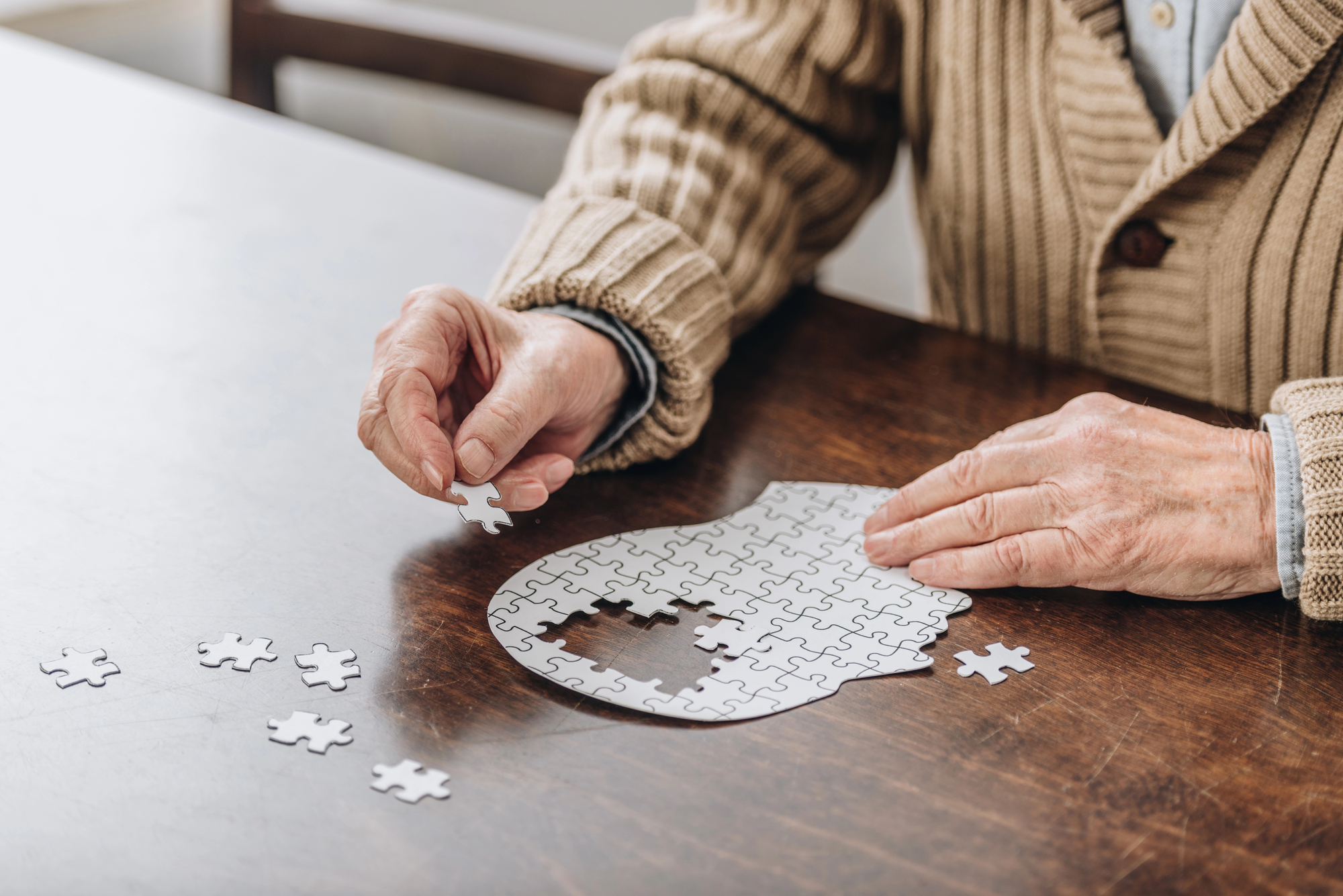10 Healthy Mental Health Habits for a Strong Mind
10 Healthy Mental Health Habits for a Strong Mind

The beautiful part about the brain is how flexible and trainable it is. Many struggle with overwhelming negative thought patterns that dictate their mood and behavior. There are practical and straightforward healthy mental health habits you can incorporate daily to help reshape and rewire your brain to have a more positive thought life and, ultimately, an increase in overall well-being. You don’t have to deal with a complex and hostile internal world for the rest of your life; you can see positive change.
Practice Gratitude Daily
Gratitude practices are scientifically proven to help reshape the brain to be more open, positive, and focused. When we think of the opposite of gratitude, self-pity, entitlement, and pessimism, it is all very inward-focused on one’s lack or insufficiency. “Nothing is going right; I never get what I want, and I always have to struggle; why can’t I have what they have?” When we lack gratitude, we create a sour present and future for ourselves. The lens through which we filter our experiences is dark and never good enough.
When we practice gratitude, we see the good and the light in our situations. Gratitude helps foster healthy mental health habits by encouraging you to find what is right in your world. There will always be good and bad in our lives, but we have a choice about what we focus on. The brain will actively work to give you more of what you put into it or look for, seeing focus as placing importance and value.
Stay Active and Exercise Regularly

It only takes a little research to see ample evidence for the connection between exercise and enormous health benefits. Overwhelmingly, we see how a sedentary lifestyle fosters disease and negativity, both physically and mentally. Exercise cannot be left out to help curate healthy mental health habits. Exercise has a direct impact on our mental health. Whether it’s to help destress, which in turn unburdens the mind, or to help provide a physical outlet to release pent-up emotions, exercise matters. There are many ways to incorporate daily exercise without being an Olympic athlete. Get your body moving from daily walks and light stretching to more rigorous physical routines.
Prioritize Sleep
Sleep is one of those things that we really can’t shortcut. Research consistently shows that humans do not operate well without adequate sleep. Sleep is the reparative step in our days. It allows the body to refresh and the mind to process and make sense of its experiences.
Sleep can also be such a sore spot if you struggle with insomnia and stress. Sleep habits directly affect sleep, which means we can positively influence our sleep through our daily practices. The more stress and anxiety we have, the greater the likelihood our hormone levels will be off, and sleep usually doesn’t fall far behind.
Whether you need to incorporate exercise to help deal with stress build-up, journaling or even therapy to help with anxiety and trauma that haunt you in the night hours, or just create boundaries around your schedule to set aside a solid amount of time, sleep hygiene is an essential aspect in our journey to have healthy mental health habits.
Nourish Your Body with Healthy Foods

What I allow into my body has helped influence healthy mental health habits in my life. I consistently notice that if I eat too many processed foods, sweets, or carbs, I feel sluggish and moody, but when I have a balanced diet of fresh foods, protein, good carbs, and good fat, I feel energized and happier.
Food can greatly impact mood, energy, and overall physical health. Many of us can have unhealthy relationships with food, as it can be closely linked to self-image, coping, and self-esteem. If you struggle with eating healthy due to an eating disorder, seeking help from a professional is incredibly helpful and, at times, lifesaving. Your body and mind need fuel to function correctly and healthily.
Limit Screen Time
Now, more than ever, we must have boundaries and good habits around our screen usage. If you’re like my son, you resent it when someone limits your screen time, as it is a significant part of our leisure and game time. More and more research is emerging on the direct negative impact too much screen time has on our brains and, ultimately, mental health. I notice my mood and life outlook taking a downward turn if I scroll too much on TikTok or social media.
Whether it is a general avoidance or “checking out” of life due to overwhelm or depression or an unhealthy amount of comparison to others, being on screens and technology can be overdone. Having healthy boundaries and limits with screen time will set you up for success in building healthy mental health habits. Try incorporating other activities such as reading a book or magazine, listening to a podcast, playing a board game, or engaging in an off-screen hobby and see how you feel over time.
Practice Mindfulness and Meditation

If you’ve read my most recent blog post, A Step-By-Step Guide To Creating And Using A Self-Reflection Journal, you already know how I feel about meditation and mindfulness. If you have not seen it, there is an excellent section towards the bottom with practical steps to help foster mindful and meditative practices.
One of my favorite facts about mindfulness that I love to share is that research shows that regular mindfulness practices can be just as effective as anxiety medication. As a therapist, I love to find helpful practices that foster healthy mental health habits, and mindfulness is one of them. Check out the blog post linked above to learn more about this topic.
Stay Connected with Loved Ones
As a therapist and fellow human, I cannot stress enough the importance of social support to our long-term success and the formation of healthy mental health habits. In my therapy practice, I help my clients beef up their social support, a crucial indicator of someone’s overall mental health and well-being. I can’t tell you how many times the people in my corner have helped support me in a low moment or season. Their support in my life has been invaluable. A simple step to help foster connection is to reach out to those in your life not only when you’re having a rough time but to do life together.
As humans, we are innately social creatures. Connection is part of our core needs. I also understand how awful it is when someone close to you betrays or hurts you. It can cause you to lose trust in others and isolate yourself. I encourage anyone in this boat or lacking social support to prioritize this area of your life. Please look into therapy if trauma and past hurts are creating a barrier for you to have social support, as we truly are not meant to do it alone in this life.
My family recently moved to a new city in Northern Arizona, and it is quite a challenge to create a community and connect with others from scratch. Some ways I’ve found helpful are to join some Facebook groups for similar interests, get out of the house, and meet up for events they have. You will only meet people if you physically get out there.
Set Realistic Goals

Nothing stops progress like unrealistic expectations and goals. Just like you aren’t going to go from being a couch potato to a marathon runner in a week, you will not transform your thought life in 3 to 5 business days. With any worthy goal, it takes time and effort. It takes consistency and realistic steps to create a new habit and reach a goal.
In creating healthy mental health habits, a good starting goal might be to find one thing to be grateful for each day or to reach out to a therapy office to work through any barriers you have. It could be moving from 6 hours a day of screen time to 4 or 5 and working up from there. Create doable goals to reach, and you will notice feelings of accomplishment and mastery, fueling your progress.
Seek Professional Help When Needed
It’s no shocker here that a therapist recommends seeking professional help. Thankfully, mental health is starting not to have as much of a stigma as it used to, but so many still wait until their life is falling apart and they can’t function before getting the help they need. Like we wouldn’t (at least I hope you wouldn’t..) wait to see a doctor for a physical ailment or pain. Please don’t wait to work on your mental health; it can be such a freeing and healing experience.
Signs that you may need to seek professional help are
- Feeling overly triggered by everyday experiences.
- Difficulty regulating your emotions and noticing frequent mood swings, overly significant emotional reactions, and irritability.
- Difficulty functioning in typical, day-to-day tasks.
- Overly isolating from others and avoiding challenging moments and thoughts.
- Difficulty treating others well due to intense emotional reactions that are out of your control.
- Not able to make or see lasting change in any mental health or relational area.
Takeaways
If you get nothing from this article other than you get out of life what you put into it, then that is a win. Your brain is like a sponge. It will take input from what you focus on and squeeze out that same information later in thoughts, communication, and action. Creating healthy mental health habits does not happen overnight or by accident; it takes intention, time, and knowledge of the proper steps.
To piggyback off the Connection with Others section, could you use the help of a friend or loved one to start implementing these strategies together? Share this with someone who could benefit from a healthier mindset while also being a buddy along the journey so that you don’t have to do it alone.
If you or someone you know is struggling with trauma or a mental health disorder, please don’t wait to seek help or treatment. If you don’t know where to start, you can find resources on our Infinite Healing and Wellness website. You can always speak with one of our caring staff to help put you in the right direction.
As always, take it one day at a time; today is all we have anyway <3

Frequently Asked Questions
This FAQ section wraps up our exploration of healthy mental health habits by addressing the most common questions.
What are healthy mental health habits?
Healthy mental health habits are daily practices that promote mental well-being, such as gratitude, exercise, and mindfulness.
How can I incorporate healthy mental health habits into my daily routine?
Incorporating healthy mental health habits like practicing gratitude, exercising, and mindfulness can greatly improve your daily well-being.
What is the impact of gratitude on mental health?
Practicing gratitude is a healthy mental health habit that shifts focus from negative to positive thoughts, enhancing overall mood and outlook.
Why is exercise important for mental health?
Regular exercise is a crucial healthy mental health habit, reducing stress, improving mood, and providing a physical outlet for emotions.
How does sleep affect mental health?
Prioritizing sleep is a vital healthy mental health habit as it allows the brain to repair and process daily experiences, significantly impacting mental well-being.
What role does diet play in mental health?
Nourishing your body with healthy foods is an essential healthy mental health habit, supporting brain function and mood stability.
Why should screen time be limited for better mental health?
Limiting screen time is a beneficial healthy mental health habit, preventing the negative effects of excessive social media use, such as anxiety and depression.
How do mindfulness and meditation improve mental health?
Practicing mindfulness and meditation is a powerful healthy mental health habit, reducing stress and promoting a calm, focused mind.
What is the significance of social connections for mental health?
Maintaining connections with loved ones is a key healthy mental health habit, providing emotional support and reducing feelings of isolation.
How can setting realistic goals benefit mental health?
Setting realistic goals is a constructive healthy mental health habit, fostering a sense of accomplishment and boosting self-esteem and motivation.
When should professional help be sought for mental health?
Seeking professional help is an important healthy mental health habit when facing overwhelming stress, difficulty functioning, or persistent negative emotions.
About the Author
Brianna Itter, LAC, EMDR Therapist.

Brianna is a Licensed Associate Counselor who is EMDR trained and practices out of Arizona. She has experience helping individuals of all ages and stages of life heal and move on from trauma. She is passionate about helping others realize their potential and experience life as their best selves. She frequently treats those with anxiety, depression, mood disorders and various life stressors.








